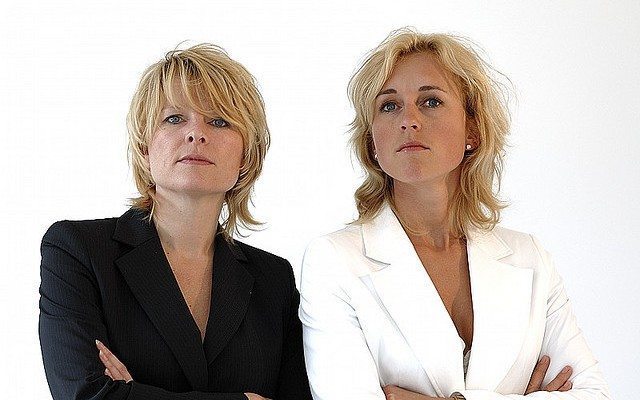
Blogs
Three Reasons to STFU About Female Lawyers’ Clothes
As a young woman, I have been inundated with advice on how to dress myself appropriately for a professional situation for years now. My first introduction to professional dress was in high school when I did Model UN. We competed at tournaments around the East Coast a few times a year, and every time we were told to wear “Western Business Attire.” For boys, that was easy. They had to wear khakis or suit pants with a button down and tie, with maybe a sports jacket. But for us girls, it was different. The guidelines were clear, but finding clothes that were appropriate and still cute were difficult. We occasionally got in trouble for wearing skirts that were too tight or short, but we still talked about other girls’ inappropriate club-like dresses with a certain sense of satisfaction.
In college, it got even worse. I compete in intercollegiate mock trial, where formality is even more intense. Girls wear suits in grey, black, or navy; collared shirts; conservative heels; and pantyhose. I make younger members of my team show me their outfits before we compete. I do this because I have received comments about my appearance before — my skirts are too short, or my sleeves are too long, or I chose the wrong color blouse.
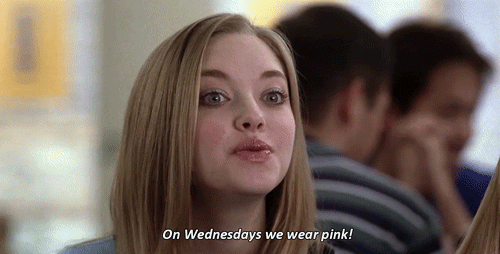
And as it turns out, the pressure doesn’t change when you make it into the legal profession, because we hear things about women needing to dress more appropriately for court all the damn time.
A few weeks ago, Loyola Law School sent out a memo about female students dressing appropriately at their jobs or internships. The school’s externship director wrote, “I really don’t need to mention that cleavage and stiletto heels are not appropriate office wear (outside of ridiculous lawyer TV shows), do I? Yet I’m getting complaints from supervisors.” Last fall, law firm Clifford Chance sent out a lovely memo detailing how exactly women should dress — and act, and speak, and breathe, but that’s besides the point. (If you missed it, by the way, definitely read Hannah Winsten’s takedown on that memo.) Some of the tips were real winners: “Understated jewelry, nothing jingly or clanky.” “Don’t dress like a mortician: if wearing a black suit, wear something bright.” “If wearing a scarf, make sure it stays tied.”
These are by no means isolated incidents. In fact they’re more common than you probably think. And they’ve once again started a debate about what female lawyers should be wearing, who is allowed to comment on their dress, and why we care. So as someone who someday hopes to be a female lawyer, here are three things I think we all need to keep in mind.
3. ‘Lady in the streets, freak in the sheets,’ anyone?
This entire thing reminds me of that saying, because that’s what women are taught. Women are expected to dress conservatively in the courtroom, but still retain femininity. They’re expected to be professional in the work place, but not dress too masculine — after all pantsuits have only become acceptable for women in the last couple decades. Think about how women and men dress up throughout their young lives in Western culture. Little boys wear little suits to say, a cousin’s wedding. Girls wear puffy, pink frocks. Young men wear nice suits or tuxes to prom. Girls wear ball gowns. Men wear tuxes to their wedding. Women wear gigantic white dresses.
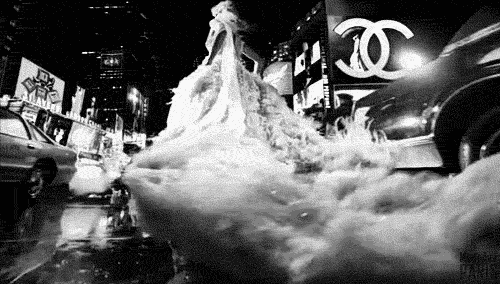
For every single part of our lives, we’re taught that different things are acceptable, while men wear essentially variations on the exact same outfit. And that’s because women are taught that their roles are different at each of those events. At prom, be a princess. At your wedding, be a pure virgin. In court, be strong and masculine.
2. Pop culture and societal pressure.
Think about youngish female lawyers on TV and in movies. They’re all gorgeous. We have Reese Witherspoon’s immortalized portrayal of Elle Woods in Legally Blonde. Casey Novak, played by Diane Neal on Law & Order: SVU. Calista Flockhart’s Ally McBeal.

The only way female lawyers are ever portrayed otherwise is the sort of elder stateswoman type, but still incredibly attractive. Think Diane Lockhart in The Good Wife, for example.
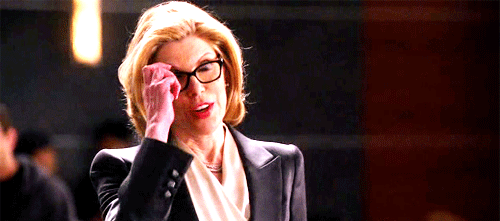 Now, it is pretty fair to say that everyone on TV and in Hollywood is attractive. But the men on legal shows usually wear pretty basic suits. The women wear incredibly expensive and well tailored outfits, all beautifully put together. This just continues to propagate the issue of balance. Most women don’t look like the fictional lawyers we see on TV, and that’s completely okay. But that fine line between feminine and too sexy, or between professional and stuffy is not helped by the images of female lawyers in the media.
Now, it is pretty fair to say that everyone on TV and in Hollywood is attractive. But the men on legal shows usually wear pretty basic suits. The women wear incredibly expensive and well tailored outfits, all beautifully put together. This just continues to propagate the issue of balance. Most women don’t look like the fictional lawyers we see on TV, and that’s completely okay. But that fine line between feminine and too sexy, or between professional and stuffy is not helped by the images of female lawyers in the media.
1. Apparently men can’t control themselves.
Now, women should dress appropriately in the courtroom. There are no ifs, ands, or buts about it. It takes some effort, but it’s not that hard. I absolutely judge grown women who cannot dress themselves appropriately. When you walk into a courtroom, you need to impress the judge, and you need to impress the jury. But judges are mostly men — women usually make up roughly 1/3 of the bench. But one of the big issues, as XoJane points out, is that women’s clothing in the courtroom is not standardized the way men’s suits are. Every judge has a preference: “Some never want to see pants, for example, while others abhor specific hemlines or colors.”
And some of these male judges say BS, like District Judge Richard Kopf. He recently published a blog post in which he described how he leers at one of the attractive young women around the courthouse, and suggested, “You can’t win. Men are both pigs and prudes. Get over it.”

I can win. I can look professional, despite all the ridiculous double standards that abound in women’s clothing choices. But that doesn’t mean that I have to get over the fact that I’m held to those double standards. Why do I have to accept that a male judge is either going to mock me for being too frumpy, or eye me for being too sexy? And, most importantly, why in this day and age do we focus more on how smart, capable women dress than what they say?
So new rule, everyone. Let’s all dress appropriately…and all treat each other like respectable human beings. Deal?
—
Anneliese Mahoney (@AMahoney8672) is Lead Editor at Law Street and a Connecticut transplant to Washington D.C. She has a Bachelor’s degree in International Affairs from the George Washington University, and a passion for law, politics, and social issues. Contact Anneliese at amahoney@LawStreetMedia.com.
Featured image courtesy of [Martijn Schornagel via Flickr]

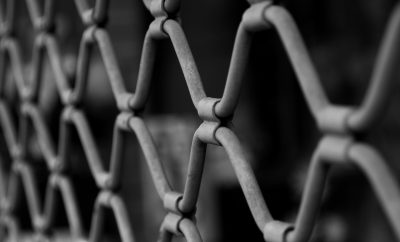

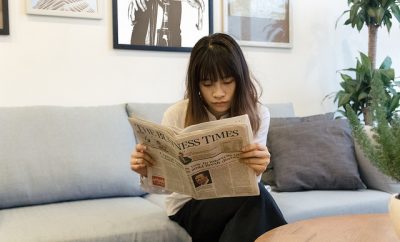




Comments